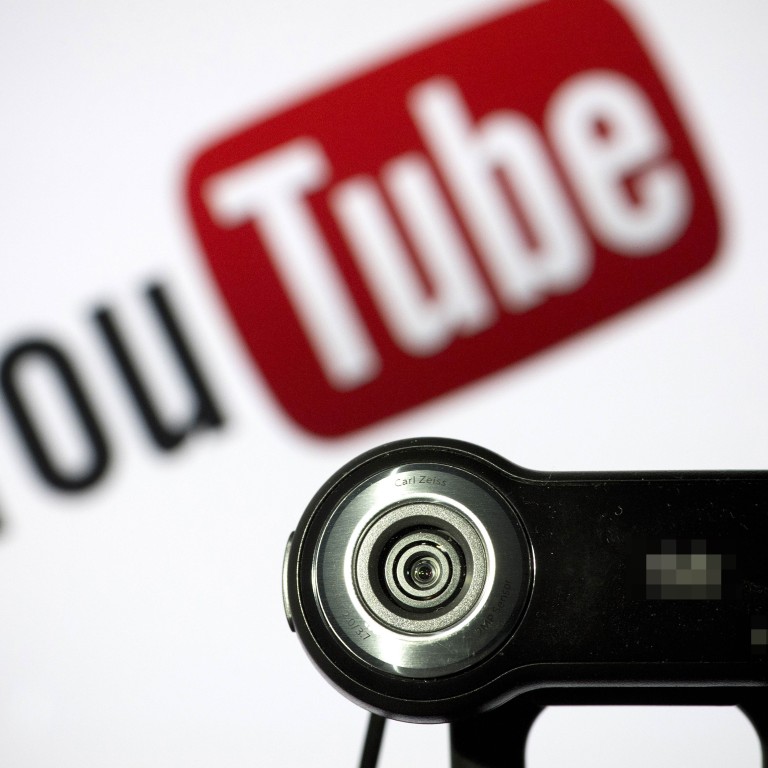
Sites such as YouTube and Huffington Post try to rein in online abuse
Real names needed, moderators employed as sites move against abuse with impunity
Mix blatant bigotry with poor spelling. Add a dash of ALL CAPS. Top it off with a violent threat. And there you have it: a recipe for the worst of online comments.
But a growing number of websites are reining in online commentary. Companies including Google and The Huffington Post are trying everything from deploying moderators to forcing people to use their real names. Some sites, such as Popular Science, are banning comments altogether.
"If it were up to me, you progressive libs destroying this country would be hanging from the gallows for treason. People are awakening though. If I were you, I'd be very afraid," wrote someone using the name "JBlaze."
Google-owned YouTube has long been home to some of the most juvenile and grammatically incorrect comments. In May, a Cheerios cereal commercial featuring an interracial family met with such a barrage of racist responses on the video site that General Mills shut down comments on it altogether.
Then last month, YouTube caused a stir when it began requiring commenters to log into Google Plus. Besides herding users to its unified network, Google says this is designed to raise the level of discourse.
Anonymity has always been a major appeal of online life. At its best, it allows people to speak freely without repercussions. At its worst, it allows people to spout off without repercussions. It gives trolls and bullies licence to pick arguments, threaten and abuse. But anonymity has been eroding.
"It's not so much that our offline lives are going online, it's that our offline and online lives are more integrated," says Mark Lashley, a professor of communications at La Salle University. Facebook, which requires people to use their real names, played a big part in the seismic shift. "As more people go online and we put more of our lives online, we should be held accountable for things we say," Lashley said.
The Huffington Post is also clamping down on vicious comments. In addition to employing 40 moderators who sift through posts for racism, homophobia, hate speech and the like, the AOL-owned news site is also chipping away at anonymous commenting. Previously, anyone could respond to an article by creating an account, without tying it to an e-mail address. This autumn, HuffPo began requiring people to verify their identity by connecting accounts to an e-mail address, and the site now also asks commenters to log in using a verified Facebook account.
"We are reaching a place where the internet is growing up," says Jimmy Soni, managing editor of HuffPo. "These changes represent a maturing [online] environment."
